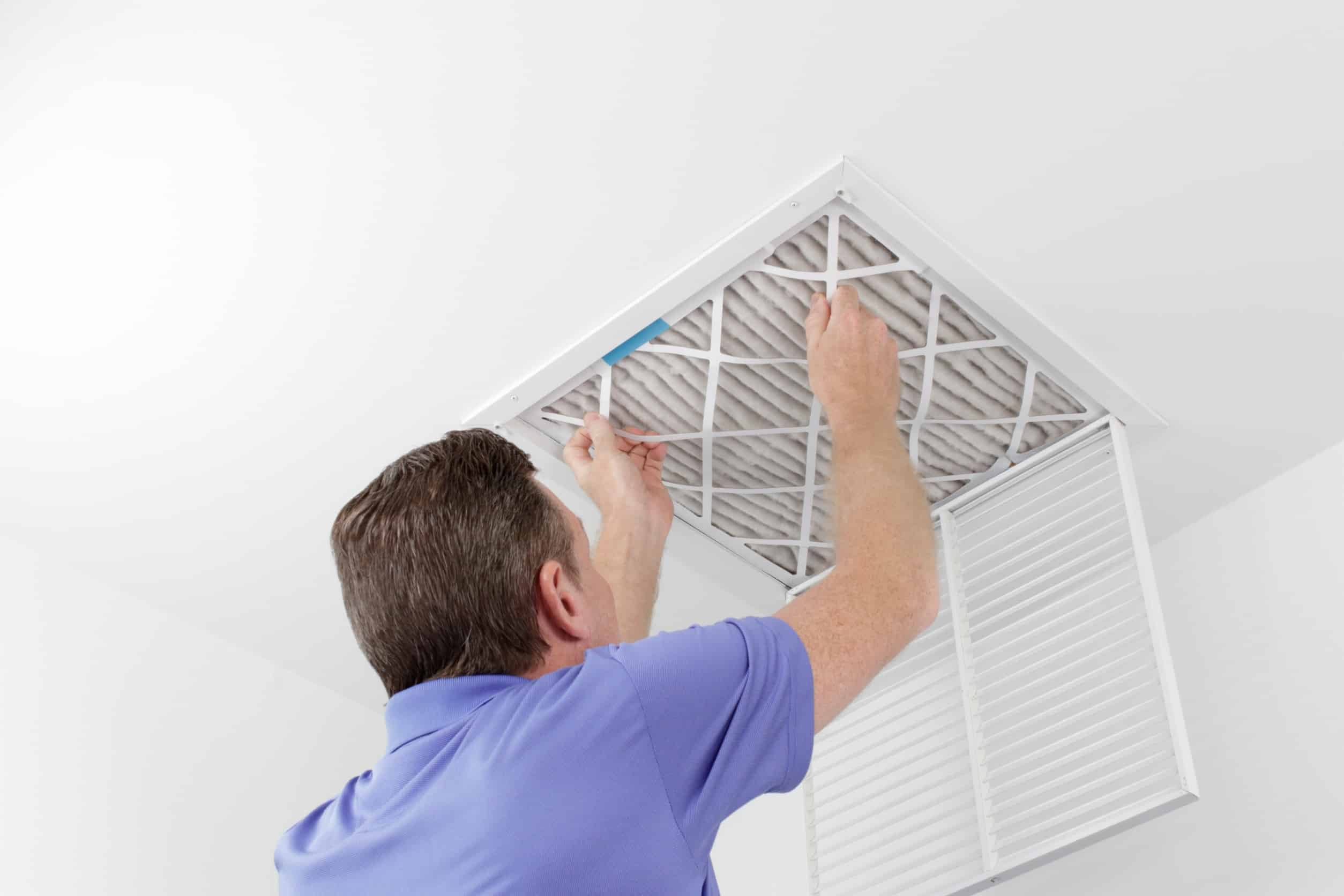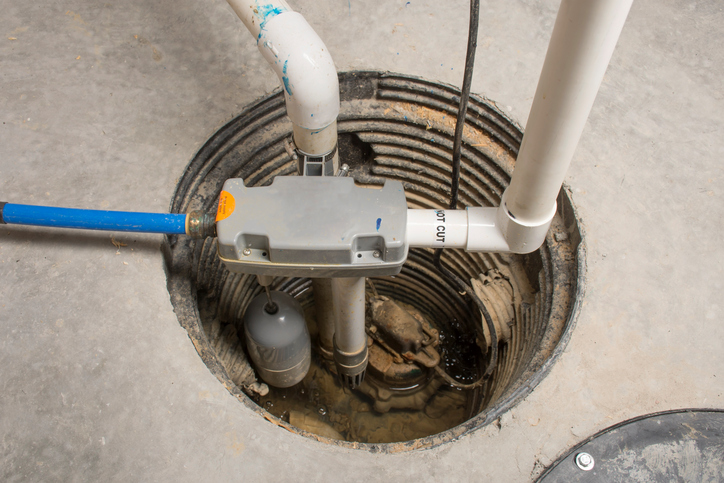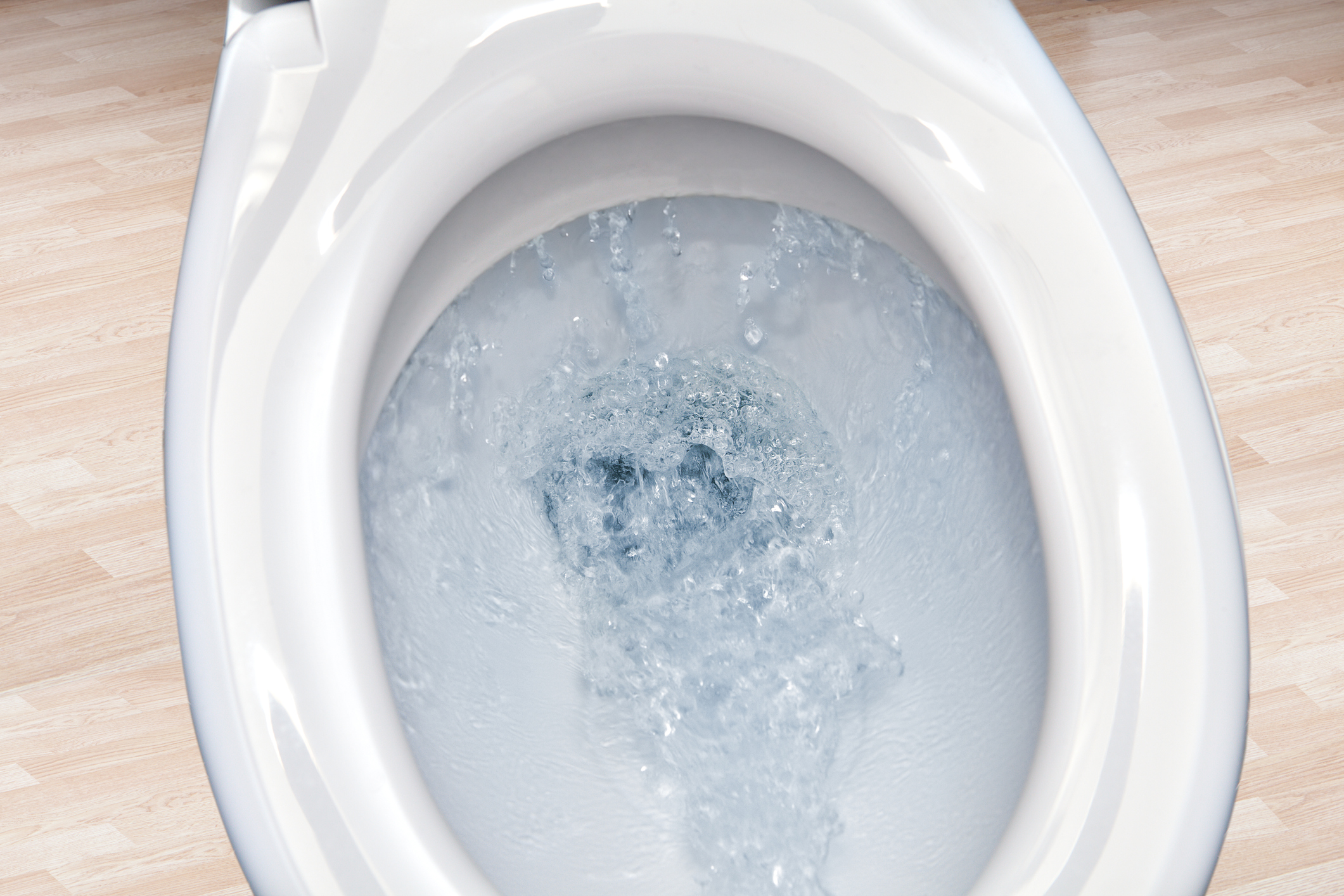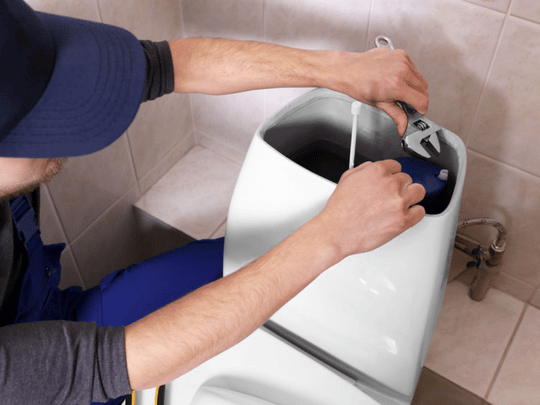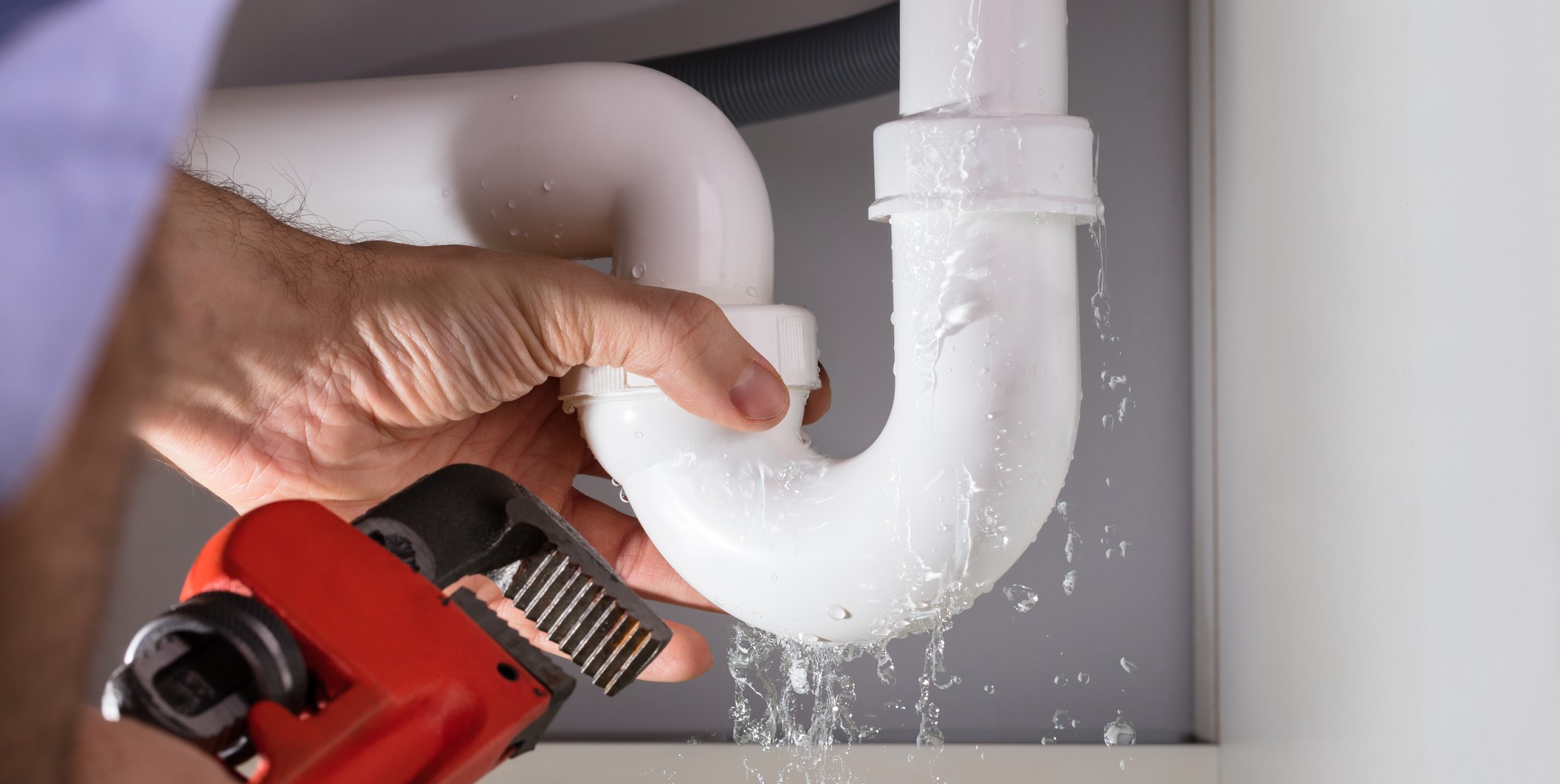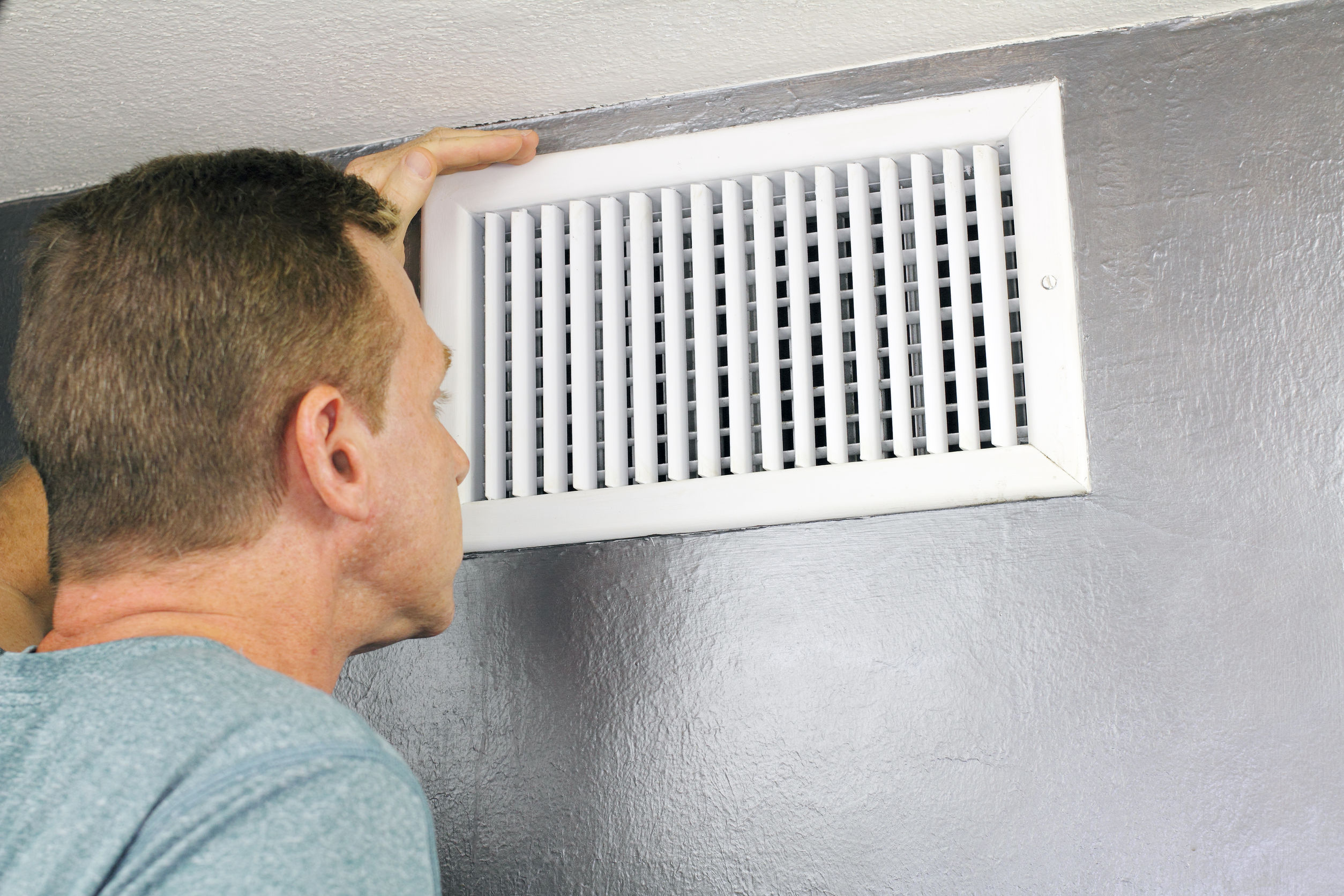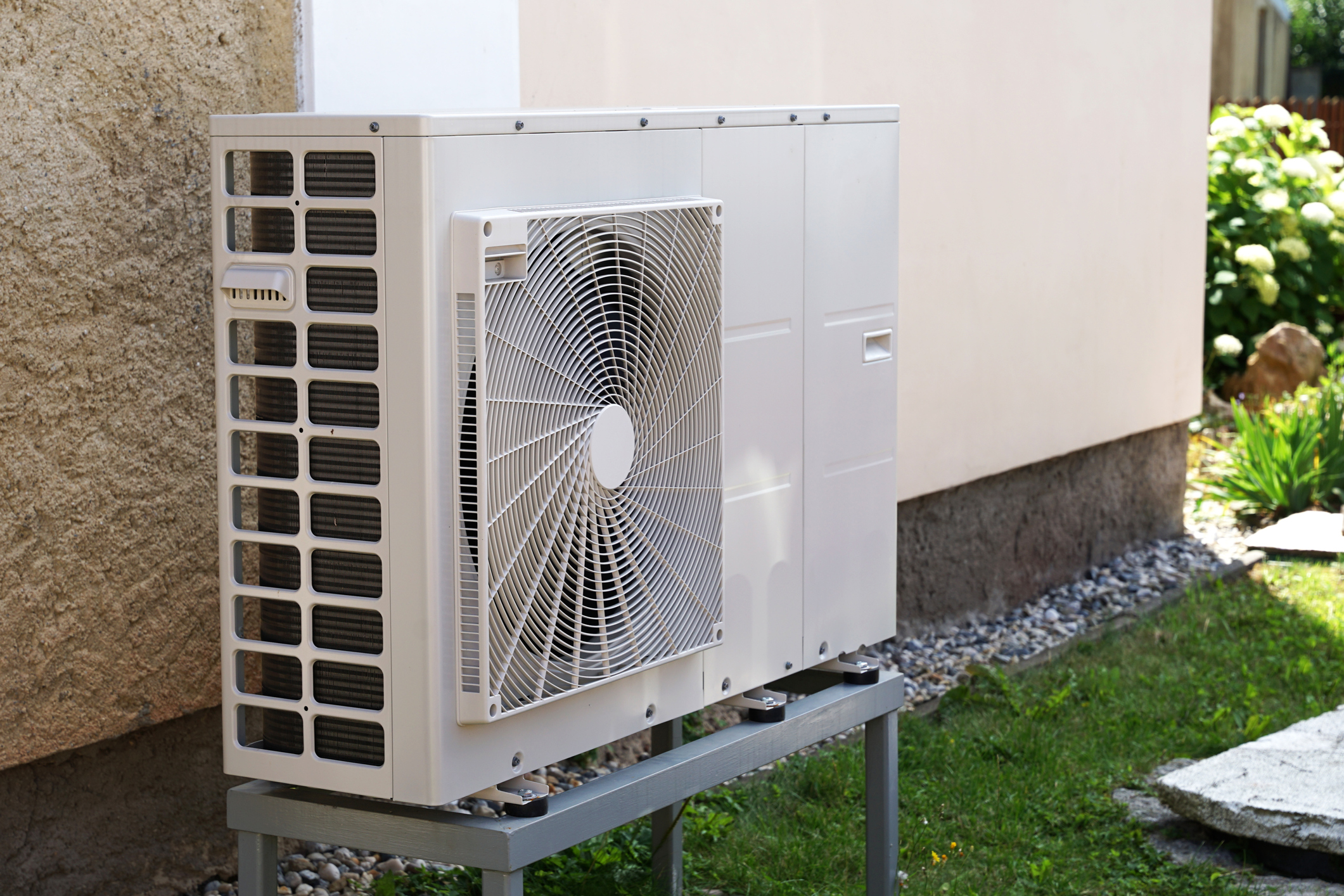Choosing The Right Filter For Your Air Conditioner
There’s an old saying when it comes to machines: the smallest parts are often the most important. That’s because it’s usually the parts that you pay little to no attention to that have the most impact on how a machine runs. While most people think of fans, burners, and pumps when it comes to their air conditioner, by far the most under-appreciated part of the entire setup is the air filter. While many people may not realize it, your air filter is arguably the single most important component of your air conditioning and heating system. In fact, the overwhelming majority of HVAC system breakdowns and problems can be connected at least partially to a clogged, dirty, or otherwise damaged air filter.
That means you have to replace your air conditioner filter frequently. However, many people don’t do this simply because they don’t know what filter to buy. Instead, they stand in the air filter aisle at their local hardware store confused and overwhelmed by the sheer number of available options. If you’re one of the many people who hate buying filters purely because you don’t want to buy the wrong one, then this guide is for you. Here is a simple four-step guide to choosing the right air filter so you can get exactly what you need, and if you have more questions, contact EnviroSafe Plumbing, Heating, Air Conditioning, Water Treatment today and we’ll help you find the best air conditioner filter for your needs.
Step 1: Note The Size You Need
The first and arguably most important factor for any air filter selection is the size of the air filter you need. Air filters are measured in three dimensions: length, width, and thickness. Length and width are fairly self-explanatory—they’re the size of the bracket that holds your air filter in place. Thickness is a little bit more detailed. A thicker air filter is generally going to filter out more debris, but it might do so at the cost of energy efficiency. Some air conditioners and heaters simply can’t handle an air filter beyond a certain thickness, so you’ll want to consult with your HVAC owner’s manual to find out what the maximum recommended air filter thickness is for your system.
Step 2: Note Your Filter’s Material
What material is your air filter constructed from? There are several different types, however, the two most common filters are paper filters and cotton filters. Cotton filters are generally great for energy efficiency and are extremely affordable. However, they’re generally extremely thin and not necessarily great for homes that struggle with indoor air quality. Paper filters are better when you demand greater filtration, but do so at the cost of some energy efficiency. Likewise, they often need to be replaced faster than their cotton counterparts because they tend to clog up so quickly. Likewise, paper filters tend to come in a wider variety of sizes than cotton ones, as paper can be easily folded into pleats that increase surface area and thus increase the amount of air that can be filtered at a time. However, they can wind up being more expensive when their filtration rating and thickness goes up.
Take note of what material you currently use when purchasing a new filter. If you’re happy with the filtration level you currently have, then consider purchasing another of the same one.
Step 3: Decide What MERV You Would Like
Finally, there’s a question of a filter’s MERV rating. MERV stands for “minimum efficiency reporting value,” and is essentially a way of measuring how much debris a filter will remove. Higher numbers generally will filter more debris out of your air, but they do this because they’re full of smaller holes, and thus they will actually consume more energy and hinder your HVAC system’s efficiency. Conversely, lower numbers will make for a more energy-efficient heating and cooling system, but at the same time will not capture as much debris as their higher-MERV counterparts.
Believe it or not, bigger is not always better when it comes to MERV rating. In fact, the overwhelming majority of homes don’t need a high-MERV filter. They’re expensive, and they actually hinder the performance of the average HVAC system so much that it shortens their lifespan. Instead, consult your owner’s manual and find the recommended MERV rating to ensure maximum performance, and maybe consider going up by one number if you need a little bit of extra help with your air quality.
If your air conditioning or heating system needs to be serviced, contact EnviroSafe Plumbing, Heating, Air Conditioning, and Water Treatment today!

